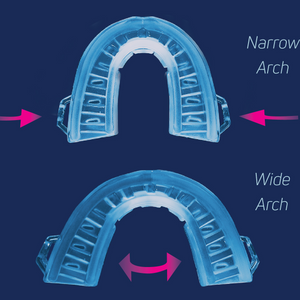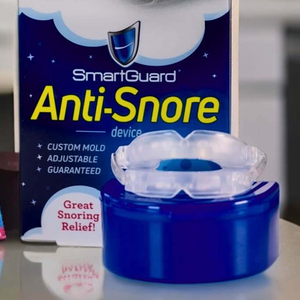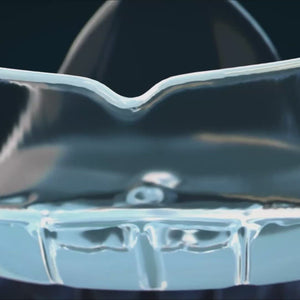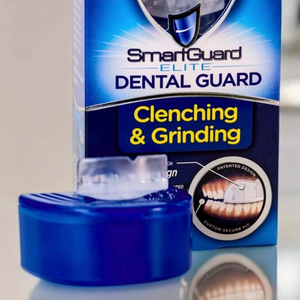Mar 10, 2023
The Link Between Sleep Disorders and Jaw Problems
Bruxism can lead to snoring and sleep apnea
A renowned TMJ dentist teaches that bruxism (clenching and grinding one’s teeth during sleep) can affect sleep and jaw issues. He explains that aberrant firing (abnormal contractions) of jaw muscles, such as masseters and pterygoids, can lead to bruxism—clenching and grinding of teeth while asleep—which can obstruct breathing pathways, thereby exacerbating sleep apnea and a reduction of oxygen to the body’s tissues. When the jaw muscles receive less oxygenated blood, it worsens their function. Indeed, a lack of oxygen to the jaw muscles is one of the causes of sleep apnea. This is a “vicious cycle” of actions that cause health problems.
The jaw's alignment can cause sleep problems
To be sure, it’s important to understand the causes of both TMJ disorder and sleep apnea. Think of a car whose front-end alignment is off. A tie-rod on either side of the suspension can pull like a dysfunctional muscle, and straight and smooth rolling of the car is replaced with tension on mechanical joints and uneven wear and tear of tires.
Of course, in the case of a car, air-flow is not restricted; however, in the case of a human being, breathing and energy output are adversely affected, leading to sleep deprivation and its many symptoms. Once breathing is restored by CPAP or a good anti-snoring device, blood oxygen rises to give muscles more normal function. What’s more, better sleep helps to restore a person to greater energy in waking hours and a stronger immune system.
Many causes of TMJ disorder
It’s important to note that TMJ disorder has many causes: genetics, chemical/hormonal imbalances, arthritis, jaw injury, snoring, sleep apnea, emotional stress, and bruxism. Bruxism is the clenching and grinding of teeth during sleep and is a very common cause of TMJ disorder, especially when it has continued for months or years. The jaw muscles become inflamed and don’t work in healthy fashion, not to mention the potential damage to teeth.
Causes of obstructive sleep disorder
Sleep apnea also has a variety of causes: weight gain, thick or retracted tongue, having a thick neck, heredity, smoking or drinking alcohol, having a narrow airway, being older, and being male are risk factors. Because obesity is the most common cause, we would do well to avoid or remedy this. It is one of the few causes over which many people have control. Heredity, being male, older, and anatomy of mouth, throat and tongue are things we have less control over.
The take-aways are these: TMJ disorder and OSA are indeed linked, and preventing one bodes well for preventing the other. Decreased blood oxygen is harmful to the body’s brain, organs, muscles, and other tissues. Fortunately, good remedies exist: CPAP has been the gold standard for treating sleep apnea, though many prefer something more comfortable. Your dentist can make you a device to wear in your mouth at night; a good anti-snore device can also be found OTC (over the counter) to help prevent or remedy both OSA and TMJ disorder, and these are much less expensive than the dentist’s prescribed appliance.
Read part 1, Can TMJ Cause Snoring? (part 2) here.








